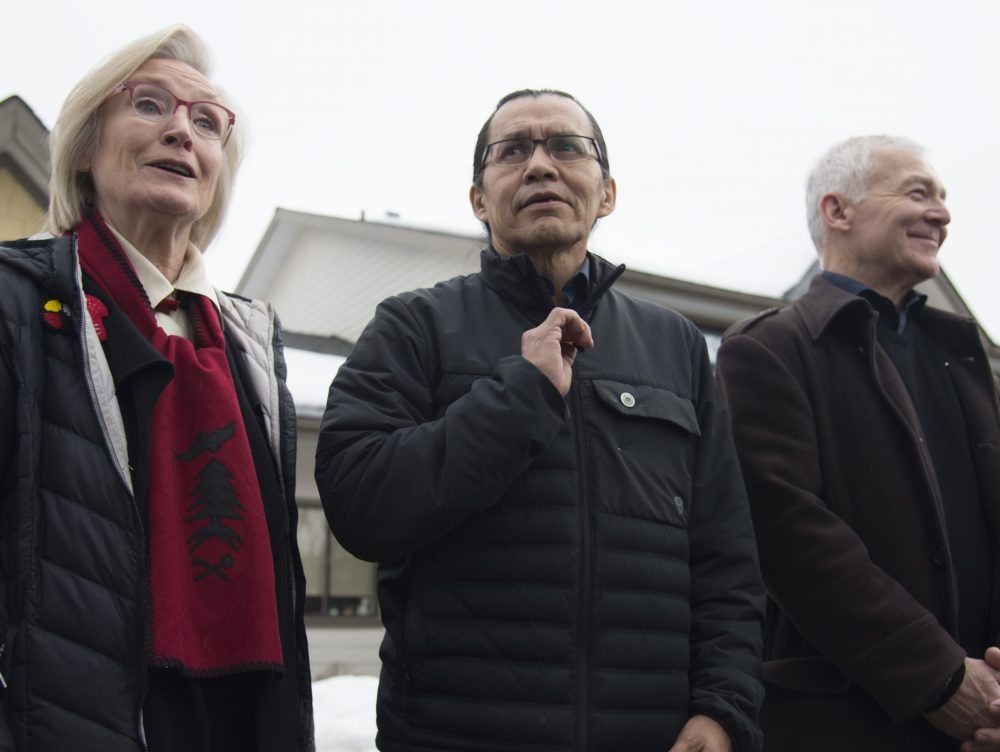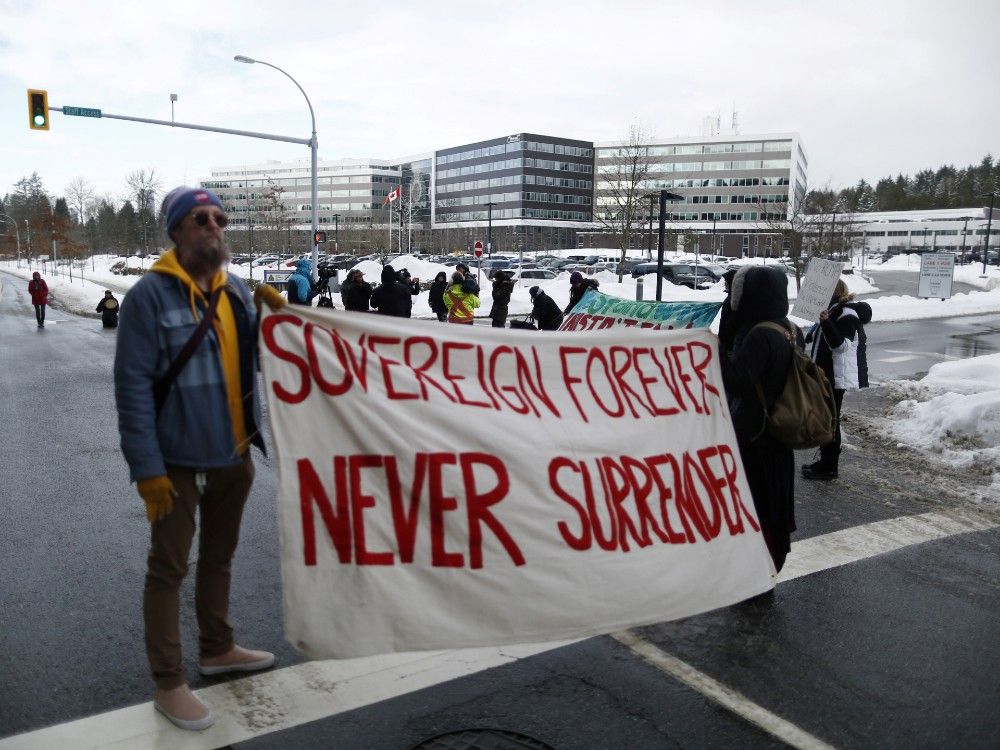Videodrome
Senior Member
BUMP:
Wow, literally using a visually impaired person in their tweet...
Wow, literally using a visually impaired person in their tweet...
Scotland has become the latest country to block companies based in tax havens from accessing coronavirus bailout funds, in a move that will increase pressure on Boris Johnson’s government to introduce similar measures.
MSPs approved new rules on Wednesday night that will mean companies that are registered in tax havens, or are a subsidiary of an offshore company, cannot apply for government grants.
France, Belgium, Denmark, Poland, Wales and Argentina have applied similar policies to their coronavirus business-support packages.
A second amendment to the Scottish legislation, introduced by the Green Party, would have required companies taking bailout money to commit to country-by-country reporting in their accounts. However, the amendment was voted down.
Country-by-country reporting has long been a central policy request of the tax justice movement because it would open up to public scrutiny any shifting of corporate profits into tax havens.
Campaigners welcomed the Scottish parliament’s move but warned that it would not prevent large firms that avoid billions in tax from accessing bailout funds.
Scotland, like other European countries that have introduced tax-haven clauses, is relying on the EU’s blacklist of tax havens that does not include some notable tax-avoidance hotspots, such as Jersey, the British Virgin Islands, Switzerland and the Netherlands.
The Tax Justice Network’s chief executive, Alex Cobham, said this would leave the door open to companies registered in many of the world’s most dangerous corporate tax havens.
He said: “The EU tax-haven blacklist, which Scotland and other European countries are relying on to stop Covid-19 bailouts from ending up in tax havens, is based on an old-fashioned notion of tax havens as small, palm-fringed islands and ignores the reality of modern-day tax havenry.
“Many of the biggest corporate tax havens are based right here in Europe.”
According to the Tax Justice Network’s research, Luxembourg is responsible for 11 times more corporate tax avoidance risk than the EU-blacklisted Seychelles.
The network estimates that Luxembourg costs EU members over $12bn (£9.8bn) in lost corporate tax per year.
“The coronavirus pandemic has exposed the grave costs of an international tax system programmed to prioritise the interest of corporate giants over the needs of people,” Mr Cobham said.
“For years, corporate tax havens like the Netherlands and Luxembourg have fuelled a race to the bottom, handing over wealth and power to the biggest corporations and taking it away from the nurses and public service workers risking their lives today to protect ours.”
Scotland’s measures, which were backed by the SNP and the Conservatives, cover a £120m fund that provides grants for small- and medium-sized firms, and a £30m bailout fund for creative, tourism and hospitality businesses.
Patrick Harvie, the Scottish Green Party co-leader, said: “Any company which avoids its responsibility to contribute to society should not be getting handouts when things go wrong. That’s why many European nations and Wales have already made this commitment.
“I’m delighted that ministers finally saw sense on this basic issue of fairness. This move isn’t the final word, but it marks the beginning of a new approach to tackling the companies which shamelessly avoid paying tax, and we will continue to build on what’s been achieved today.”
Chris Selley: Ottawa hands Wet'suwet'en hereditary chiefs total victory, while band members lose
Chris Selley May 21, 2020
After months of conjecture and leaks of uncertain veracity, Wet’suwet’en members finally got a chance last week to see what their hereditary chiefs had agreed with the British Columbia and federal governments with respect to control over their ancestral lands. The hereditary chiefs are selling it hard.
“You will be the first Indigenous Nation in Canada to have recognition of your Aboriginal title over your territory by agreement,” they boasted in a backgrounder document explaining the memorandum of understanding. In return, they added, the signatory federal and British Columbia governments got “absolutely nothing.”
This is a massive undertaking. To wit: “Areas of jurisdiction that will need to be addressed include… child and family wellness; water; Wet’suwet’en national reunification strategy; wildlife; fish; land use planning; lands and resources; revenue sharing, fair and just compensation, economic component of Aboriginal title; informed decision making; and such other areas as the Wet’suwet’en propose.”
“In some cases the jurisdiction that is transferred… will be exclusive, and in some cases it will be shared with Canada or B.C.”
None of the jurisdiction will be transferred until “specifics on how Aboriginal and Crown titles interface have been addressed,” or until “clarity” is achieved on the “Wet’suwet’en governance structures, systems, and laws.”
All of that is supposed to happen within 12 months. It’s more likely Donald Trump and Joe Biden will walk together on the moon.
In the meantime, the memorandum has precisely zero immediate effect on the Coastal GasLink pipeline project — which is odd, because the controversy over that pipeline is the only reason this memorandum exists. It was what forced government ministers to the table… and yet what they’ve come up with solves nothing.
In opposing the pipeline the hereditary chiefs are at loggerheads with the elected band councils and, as far as anyone can tell, a solid majority of Wet’suwet’en members. They have stripped pro-pipeline hereditary chiefs of their titles and installed anti-pipeline replacements. They did not keep promises — echoed by provincial and federal politicians — to at least run the memorandum of understanding by the rank and file. They wouldn’t even distribute draft copies. Now Wet’suwet’en members are supposed to believe identical promises that they’ll be kept in the loop going forward.
Understandably, then, many of them see this memorandum as fruit of a poison tree, and a rotten foundation on which to build a new future. “If (the negotiation) goes ahead you’ll see more separation within the nation and they’re already separating clans and clan members, and houses,” Gary Naziel, a hereditary subchief, told Canadian Press.
“We’re not understanding what is the rush here,” elected chief Maureen Luggi told CBC — a sentiment Naziel echoed. “We sat here for 30 years already, waiting and talking about it,” Naziel said. “We can wait another year or two. It’s not going to hurt anything.”
Indeed, from the average Wet’suwet’en member’s point of view, there is no hurry at all. The logical thing would be to fix the governance structure, heal the wounds that need healing, and then undertake these monumental negotiations.
But for the governments involved, this wasn’t about offering the Wet’suwet’en a better future. It was about putting out a fire: A group of Mohawks thousands of kilometres away in eastern Ontario had blockaded CN’s main line in solidarity with the hereditary chiefs; and the Ontario Provincial Police, armed with an injunction demanding the blockade end, refused to lift a finger.
Something had to give. Somebody had to get screwed, and it was the rank-and-file Wet’suwet’en. For no good reason whatsoever, the hereditary chiefs now hold all the keys to their future. It’s an appalling and appallingly predictable result.

Selley can be right once in a while and this piece is solid- if this piece was in the Globe and Mail, would you be so quick to dismiss it?You are quoting a National Post columnist as satire or light relief or because you think they are right?
The agreement was hastily reached by federal and provincial officials as railway and roadblocks spread from northwest B.C. across the country, and the B.C. legislature was besieged by self-proclaimed supporters of the Wet’suwet’en in early February.
“The disconnect between the hereditary chiefs and the Wet’suwet’en people, in my view, arises as a direct result of the comfortable mess that the Wet’suwet’en hereditary chiefs have in negotiating treaty deals behind closed doors for 23 years, with no accountability, and being wined and dined by the federal government, provincial government and all of the industries,” Joseph said in a phone interview from New Hazelton May 13.
“The lack of integrity that we see in operation now is the result of signing bonuses of some hereditary chiefs having the misconception that they have the authority to make a unilateral decision on behalf of the clan membership who they have not consulted.”

Instead, on the eve of the signing ceremony, four elected chiefs denounced the hereditary chiefs for keeping them in the dark and for failing to properly consult the clans and through them, their people. They called on governments to abandon the MOU and start the process again, this time with full involvement of the elected leadership.
Responding to the elected chiefs, the hereditary ones conceded that “in hindsight, it is possible that we should have released copies of the unsigned MOU to all Wet’suwet’en earlier.”

While the MOU doesn't resolve the ongoing dispute over the Coastal GasLink project, it sets out steps for preventing conflict over future resource development — by recognizing that the traditional Wet'suwet'en governance system holds rights and title to their 22,000 square kilometres of territory in northern B.C.
But some elected Wet'suwet'en leaders have raised concerns over how the MOU was crafted, and that they weren't consulted either in its development or during the ratification process.
They have retained legal counsel and are exploring a possible legal challenge, said Wet'suwet'en First Nation Chief Maureen Luggi.
"It's completely appalling that they [the federal and provincial governments] insist on moving forward with this," said Luggi, one of four elected chiefs who are trying to stop the MOU's signing.
"What is going to be happening on our lands, our resources? What does this mean regarding jurisdiction? Does this mean major economic development projects will now be delayed? There's so much uncertainty."
Yeah, but it also raises the questions of:Of course it was a power play.
The elected band council is illegitimate as a product of the Indian Act which has no validity on unceded land which the land in question is.
The hereditary chiefs have full sovereignty over their lands as the lands were never ceded to the Crown through treaty.
This whole mess is bullshit with an easy solution.
Amur_Tiger said:I don't but given the assertion of power by one group I don't think it's up to the Federal Government to tell them they're wrong. Ideally if the government gets involved it's to help them run a referendum to decide these things for themselves.
OneTime_AtBandCamp said:How is that different than a colonial imposition of democracy and the assumption that the western democratic way is the right way etc?
This is the heart of the problem with this line of thinking. We have to come at this from a position where we pretend like we see moral and practical equivalence between democratic government and hereditary government. Nobody really believes that. Even the act of asking them all what they want is a democratic act. You are democratically asking them whether they want democracy. What if all the hereditary chiefs say no, but band members still overwhelmingly say yes? You will at some point have to decide to either ignore the voices of the majority, or accept that maybe democracy with all its flaws is better than all the alternatives.


Yeah, but it also raises the questions of:
1.) Is an aristocracy (by virtue of birth) more valid than a representative democracy just because the way the democracy was introduced was during a period of an extreme power disparity? Regardless of its purported legal standing (de jure vs de facto), is such an imposed democracy inherently flawed and to be discarded, or something that 'is what it is' (like other accumulated colonial remnants of history), and should be considered as a component of governance?
2.) Could this be considered yet another act of paternalism by the Federal government- that for the average Wet'suwet'en member, the details of the law are being discussed and imposed in a manner that bypasses them (considered the role of the hereditary chiefs & the Federal government as the negotiating parties)? Who gets to determine self-governance?
3.) What happens to the elected band councils in this case, and where will the power lie in a government led by non-elected leaders? Will the people be properly represented, and the leaders accountable (do they need to be in an aristocracy)? What about their traditional lands and titles (some which overlap with the Carrier Sekanis'), which have not been entirely settled yet?
Of course it was a power play.
The elected band council is illegitimate as a product of the Indian Act which has no validity on unceded land which the land in question is.
The hereditary chiefs have full sovereignty over their lands as the lands were never ceded to the Crown through treaty.
This whole mess is bullshit with an easy solution.
.... I'm just here to point out that those lands belong to their people and our government has no authority over them. Never has.

As an entirely pragmatic matter, treaties aside, this simply isn't true.
For the vast majority of first nations, they don't generate their own electricity, they don't produce much of their own food, or construction supplies; in other words, they are entirely reliant on the Canadian state.
I'm not suggesting that's as it should be; or that that connotes anything other than the obvious facts.
It is what it is; were total sovereignty granted tomorrow, most of these communities would suffer immensely.
How we got there involves much injustice; so does all of human history.
But we're here now.
We ought to do better.
I don't see how accepting that one bloodline is superior to another improves anything.




